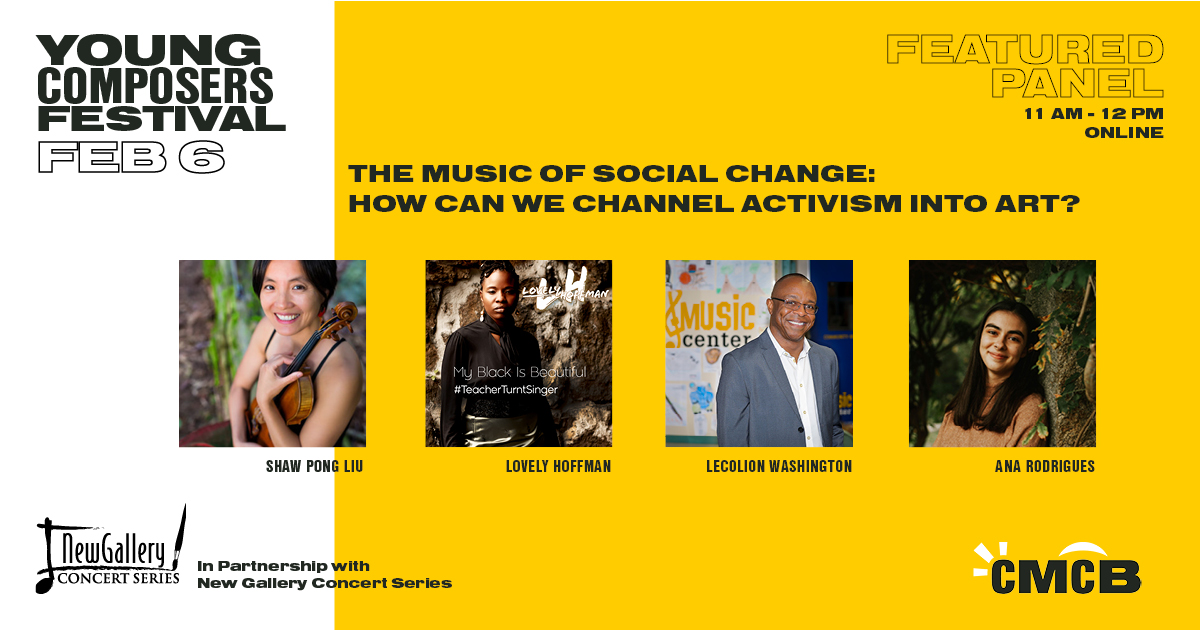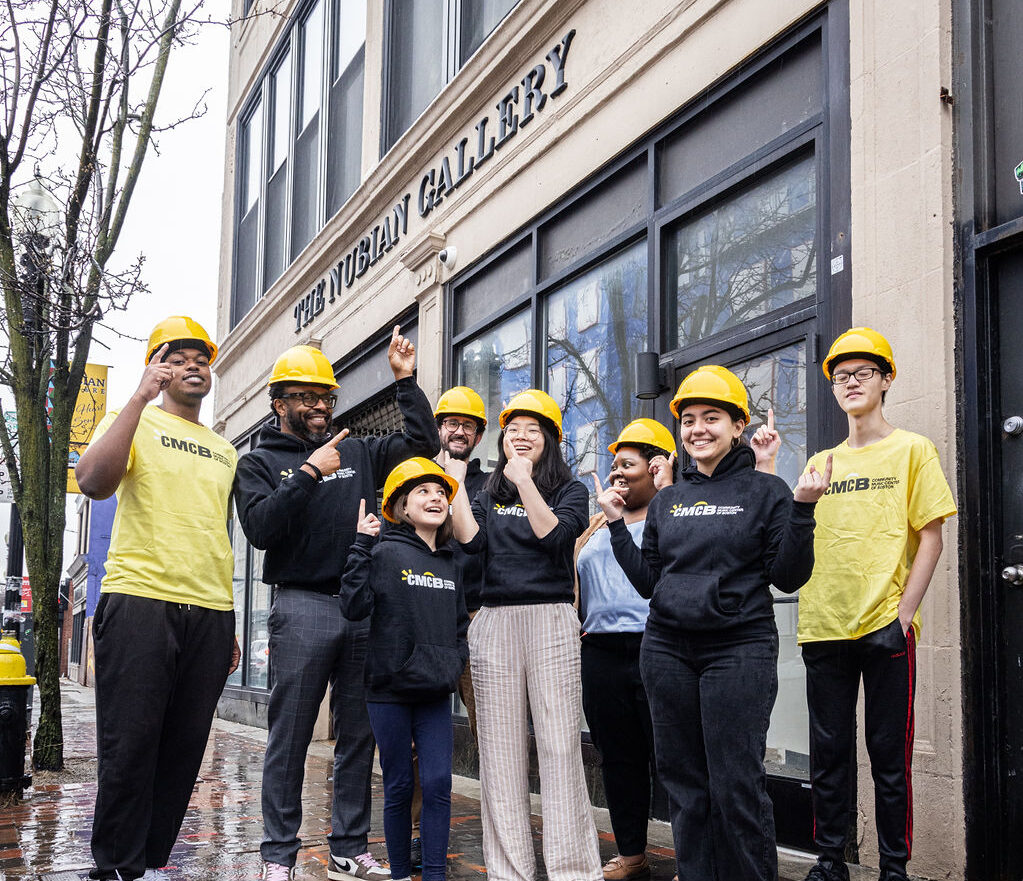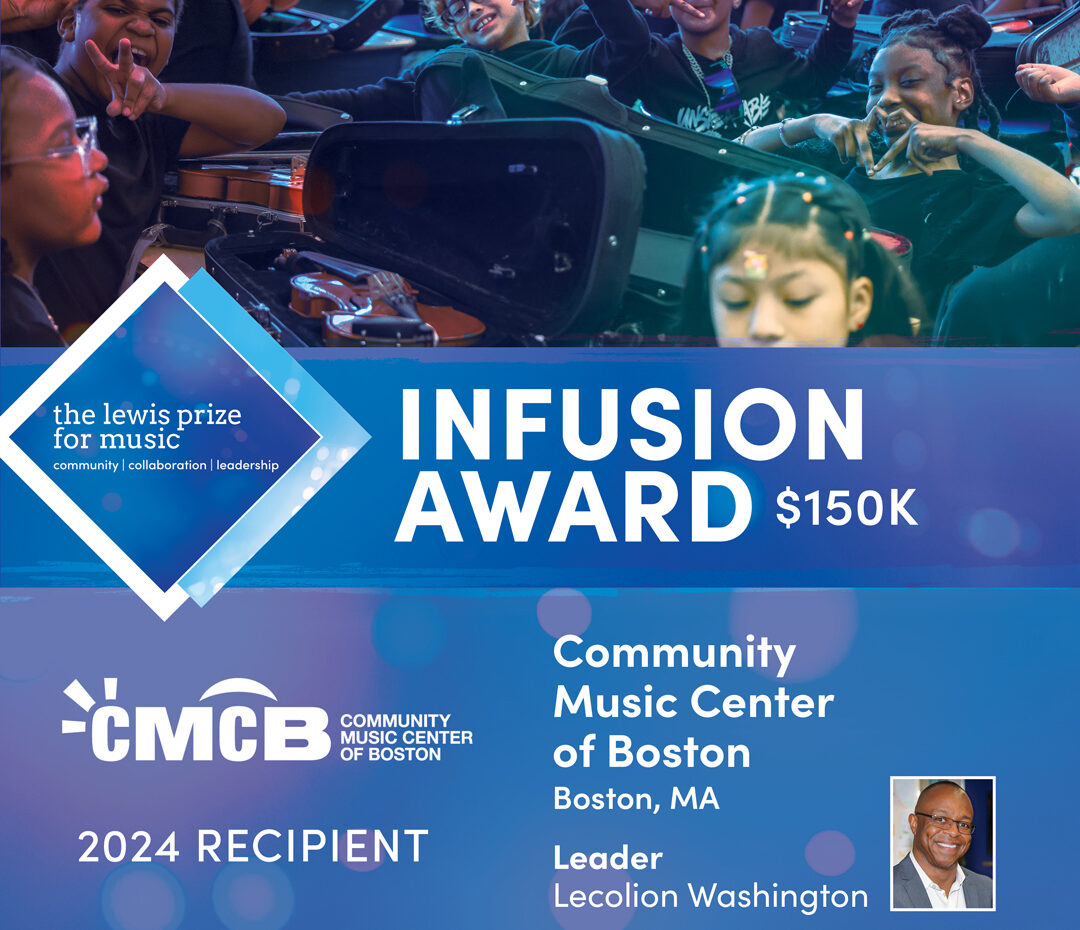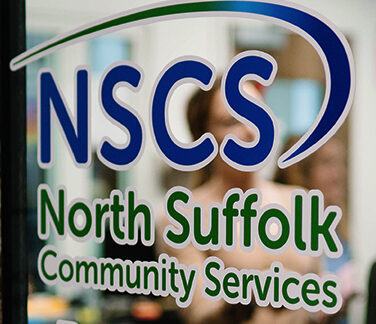I began taking classes at CMCB almost a year ago now, which means that all of my lessons have been virtual, and I’ve never actually been inside the CMCB building. I was looking to take a more serious level of lessons after playing oboe for almost 8 years, and CMCB was a great option for me.
I joined the CMCB Student Council a few months ago after being asked by Michael DePasquale. I was so excited to be a part of something that would allow me to give back to CMCB. Even though I was relatively new, I have always felt so welcome by this community.

Ana Rodrigues shares her motivation for creating “The Music of Social Change” panel at Young Composers Festival.
For my first 5 years of playing oboe, I played in concert bands, and even today I would say that a good chunk of the performing I have done is in either a concert band or wind ensemble — not orchestra. When I was a freshman in high school my school band played a piece called American Elegy by Frank Ticheli. This piece was written in remembrance of the tragedy at Columbine High School in 1999, and getting to perform it was a deeply emotional experience for me.
Over the next few years, I performed a number of these pieces that were written to memorialize tragedies, or to bring light to social issues. However, in the case of many of these events, or social issues, I had not been impacted by the event itself — and came to understand some parts of it by taking part in the music that had been written about it.
I was born in 2003, meaning that Columbine, 9/11, and many other world-shattering events that deeply shaped the world we live in happened before I was born. It seems like anyone alive during those times can tell you exactly where they were when the first plane crashed, or when they first saw cameras showing them the parking lot of a high school they had never heard of in Colorado. Even though I wasn’t around to see those things, I still feel the lasting impacts. I grew up with regular school lockdown drills to prepare me and my classmates if an intruder entered the building, and I’ve never traveled on a flight without increased security.
I believe that music is a perfect vehicle for social change, and it’s why I decided to pitch the panel.
Ana RodriguesMy own lifespan has already seen it’s own set of earth-shattering tragedies. I was 9 years old when the Sandy Hook tragedy occurred, ten years old when the Boston Marathon Bombing happened, and seventeen years old on March 13, 2020, which was the last day I attended a normal, in-person band rehearsal.
So how am I able to begin to understand, twenty two years later, the pain that a family felt losing their child at Columbine? I found a way to understand these abstract concepts in the context of the world through music. I know how powerful music can be.
I once had a teacher tell me that her favorite thing about music was that speakers of any language can read it and understand the same thing. If she had a student from another country, and they played trumpet in a band there- they would still know how to play a trumpet in the United States, even if they didn’t yet understand the language. This also applies to the translation of experiences in my opinion. Because I understand music, I can, to some degree, understand the emotion meant by a piece, even if I don’t quite understand exactly the experiences of the person who wrote it. I believe that music is a perfect vehicle for social change, and it’s why I decided to pitch the panel.
Once the panel was pitched, Michael suggested that I moderate it. He worked on inviting the panelists (Lovely Hoffman, Shaw Pong Liu, and Lecolion Washington) and I put together questions to ask of them. I had the opportunity to connect with each panelist before the event itself to get a chance to know them and inform my questions, but even after those one-on-one talks, I was blown away by the insights that the panelists brought.
Each of them had their own unique experiences and perspectives to bring to the conversation. I see the future of music and social change evolving to be more inclusive and more widespread, ultimately expanding into different genres of music. After our panel discussion, I feel confident that the young people of today will make it our mission to use music more than ever to communicate the importance of the issues that we feel most passionately about.
Ana Rodrigues is a senior at Taunton High School in Taunton, Massachusetts as well as a student at CMCB. Ana is an oboist of almost eight years and performs/has performed in a wide variety of musical ensembles including the Boston Youth Symphony, the Rhode Island Youth Philharmonic Orchestra, the South Shore Conservatory Summer Music Festival Wind Ensemble, the Taunton High School Woodwind Quintet, “Quintetto!” and the Taunton High School Symphonic and Marching Bands.


